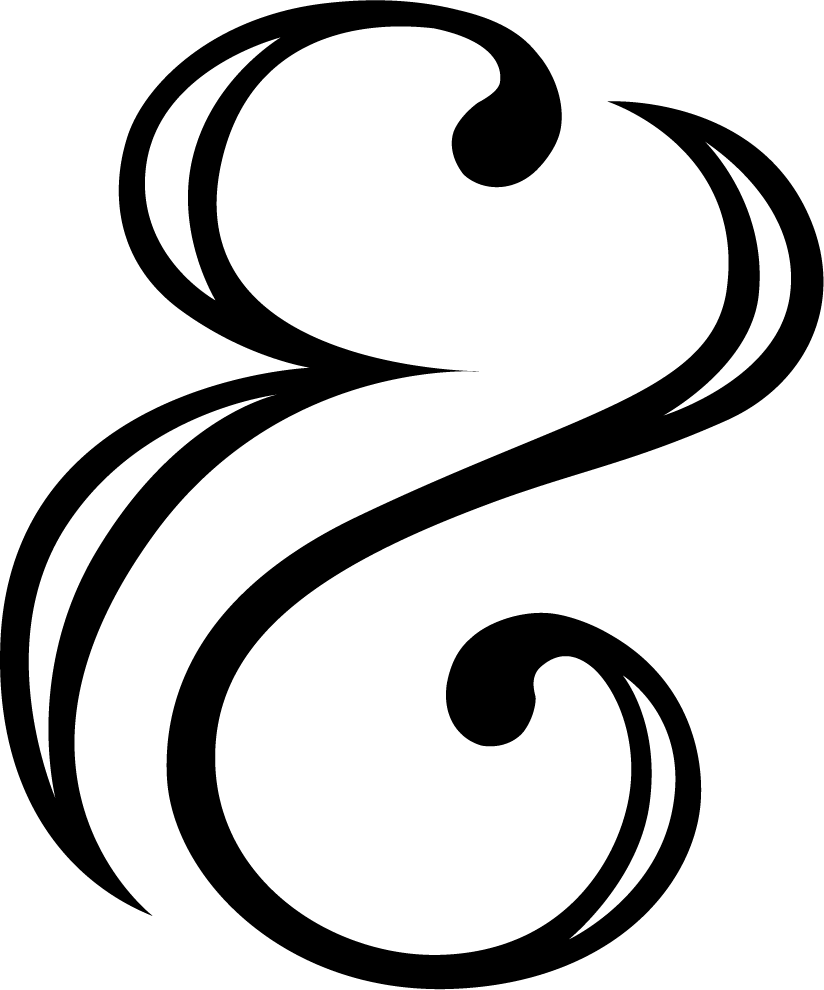A Blindspot in Effectively Navigating Conflict
I read a comment in a Facebook group that I’m part of where someone explained a client relationship struggle where they had complaints about the client and were asking for advice on when you know when to fire them.
They’re not alone. How we communicate with one another is a continual practice, and when we’re practicing, we’re sure to make mistakes. Each person is different, carries different beliefs and experiences, and we are bound to say the wrong thing or do the wrong thing that angers, frustrates or upsets someone else. Sometimes, we might not even know it.
Relationship issues and conflicts happen in business, romantic relationships, friends, family and with strangers on the street. What concerns me is that when I see posts like that, I often see these types of responses:
“they’ll never change”
“find someone else”
“they’re not worth it”
Relationships are complex, and what I offer below is a place to start with gaining some insight.
Communication skills, being able to navigate conflict, and being able to courageously say what we need are skills we all need to practice in order to be able to bridge differences and have meaningful connection in our lives.
It’s easy to see why bridging differences and building connection with our friends, family and romantic relationships is important, because it’s how we feel seen, heard and accepted in to the community of people we’ve chosen to love.
In business, it’s also and important skill to develop because if you can only tolerate relationships that are easy and non-confrontational, you will stunt your ability to grow and expand and reach your professional goals.
Here’s what I see with this scenario.
It’s so much easier for all of us human beings to see the fault in what the other person is doing, but when we concentrate on the behaviour of what is happening on the other side of the table, it strips our power and puts us in the victim seat of not being able to influence or control the situation.
From there, our options look really limited:
fire them (an attempt to regain power and feel in control, but lose what the relationship brought) or,
put up with it (remain a victim, suffer, and hope things will change)
We get caught in either-ors, and most of the time, neither of them is the solution that would actually be the best outcome.
There is another way, and it requires vulnerability, courage, and a decision to lower our armour. That starts with looking at where we can be responsible for how things are going.
How are we showing up in the relationship? Can we own the feelings that are coming up and what they’re from?
How are we (or, are we) effectively and clearly communicating?
What needs to be said that isn’t being said?
Ultimately, the only control we have over the situation is over ourselves. To navigate conflict, we have to be willing to look at our role in the relationship and be willing to have tough conversations - and that requires the willingness to get messy in relationships, risk not being perfect and right, and show up anyways.
You got this.
Love,
Kristin


